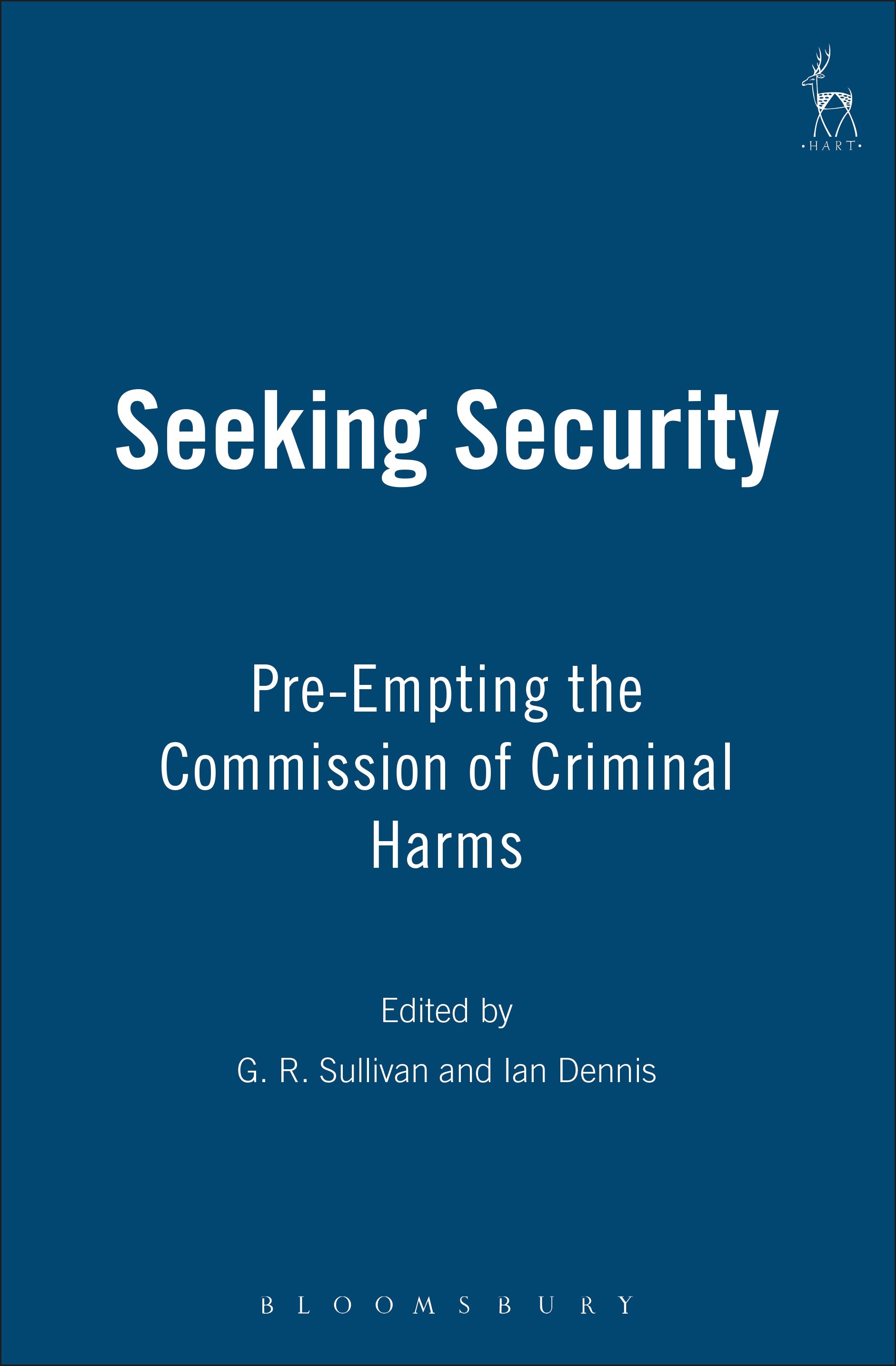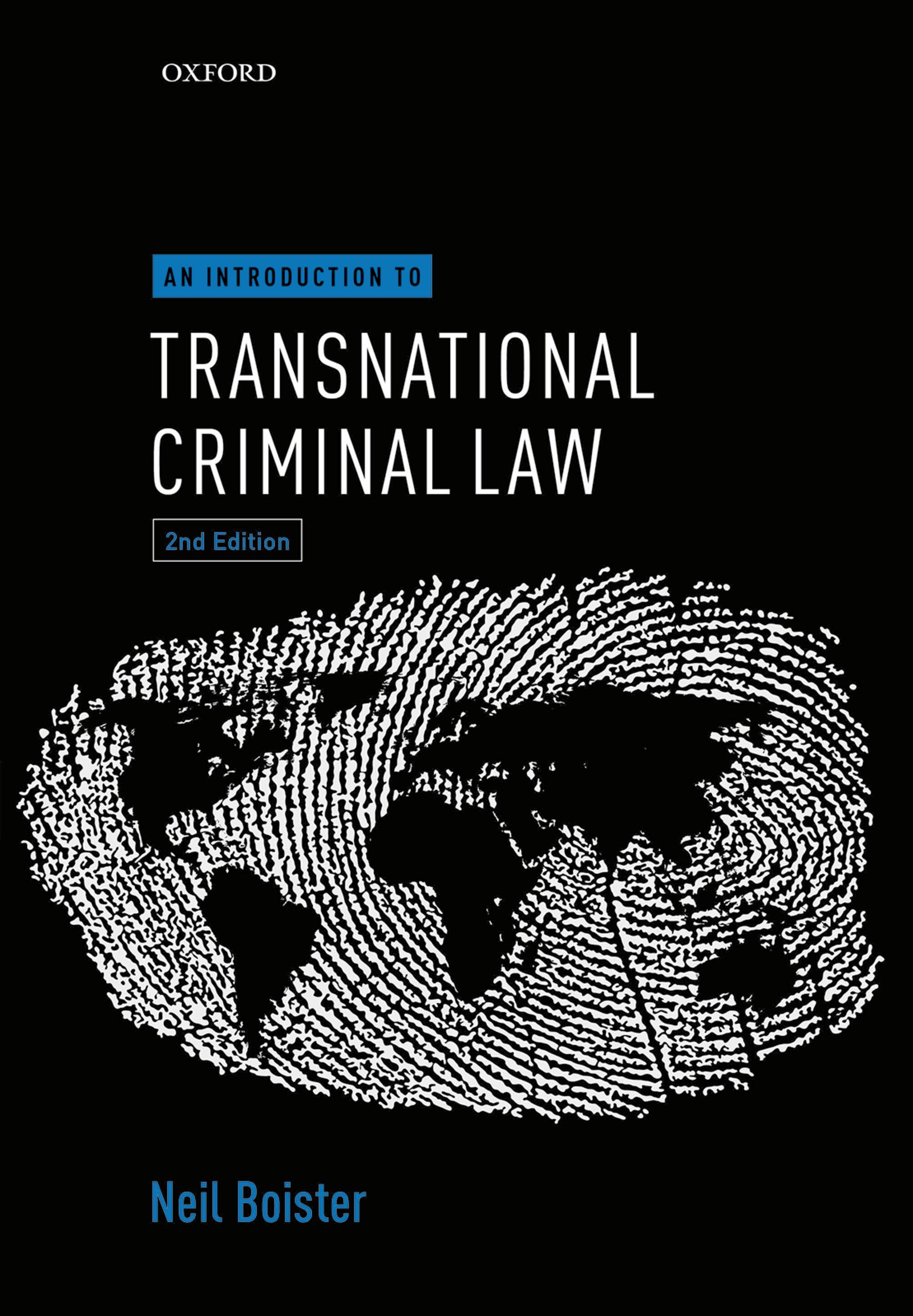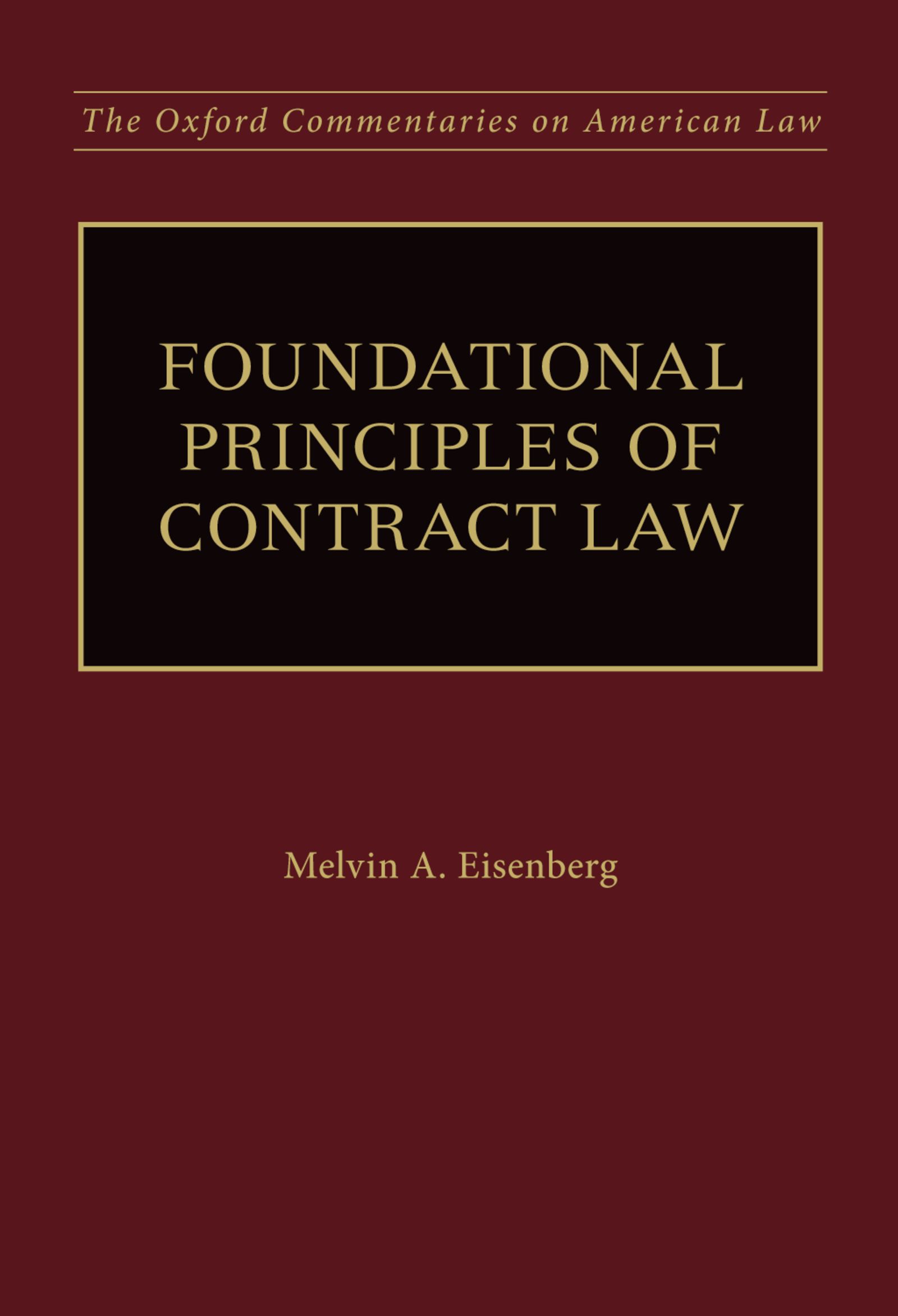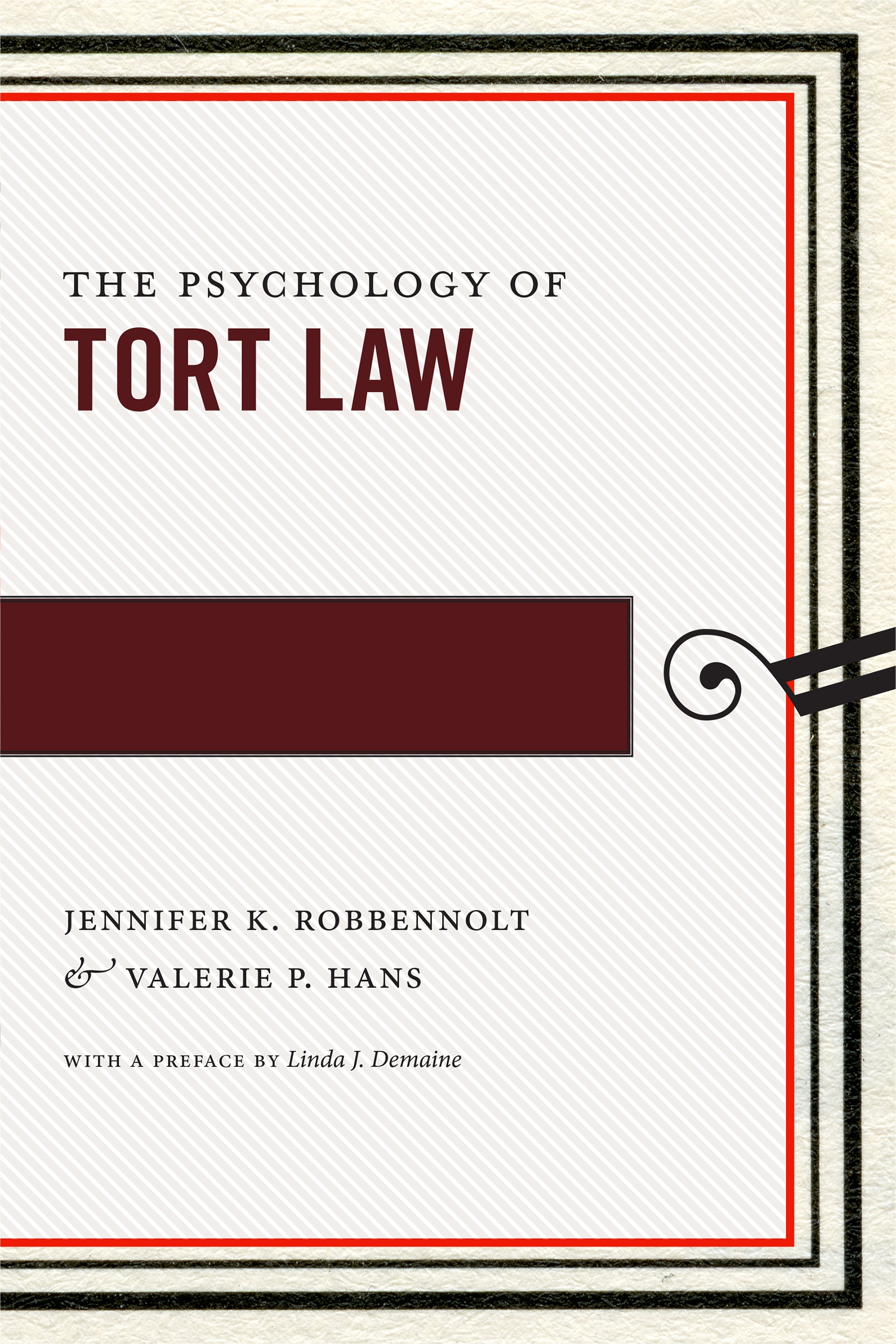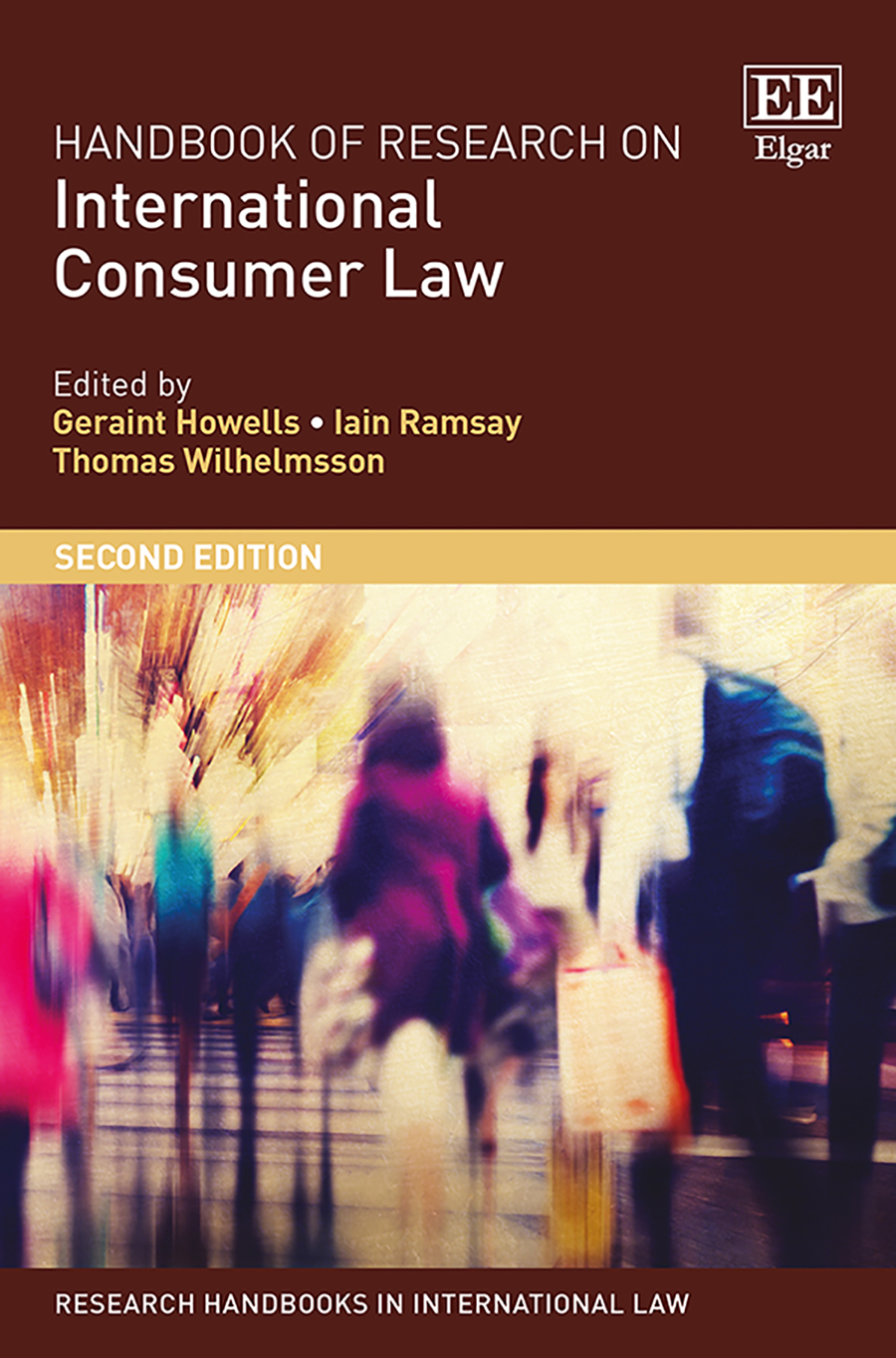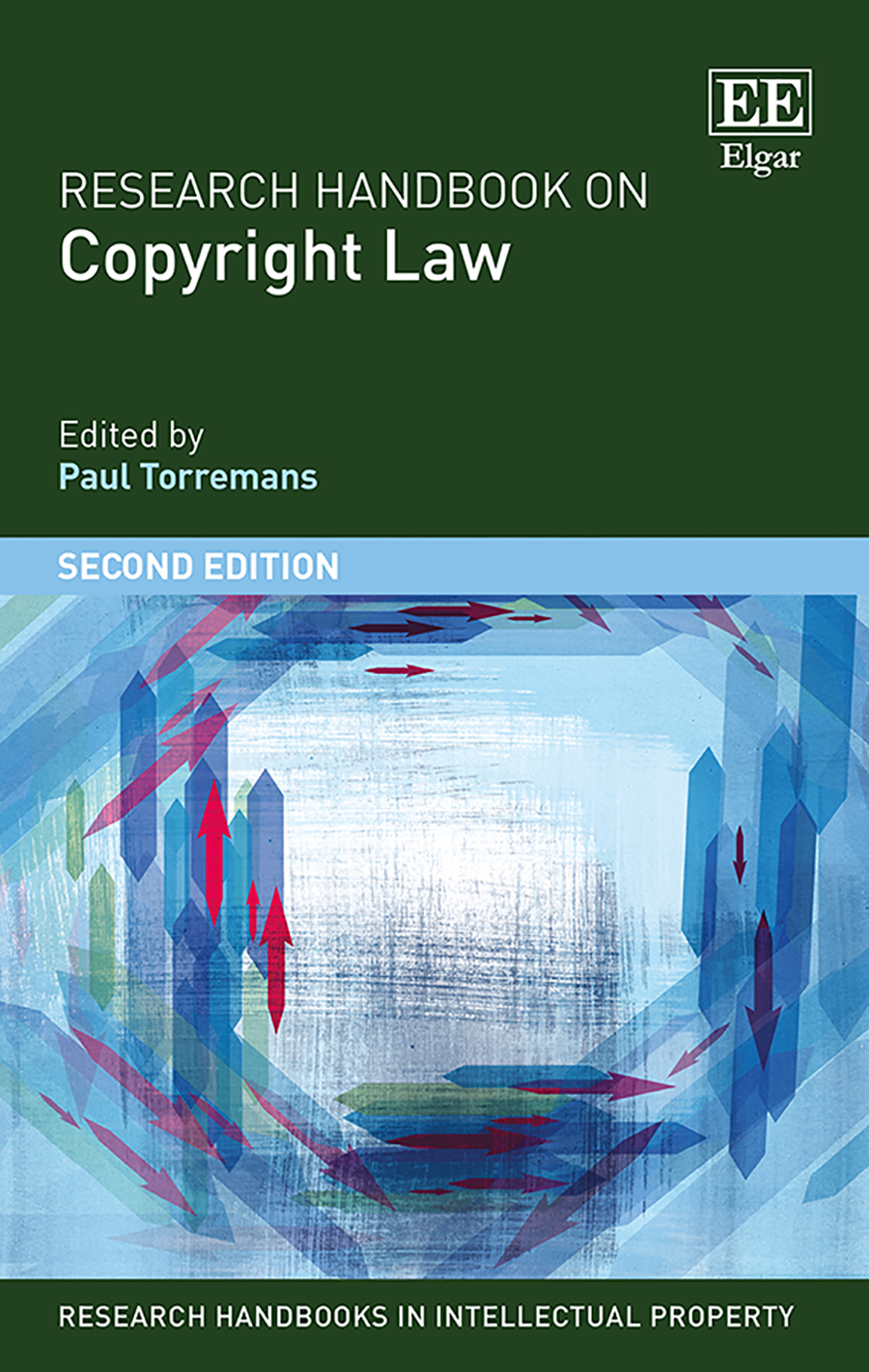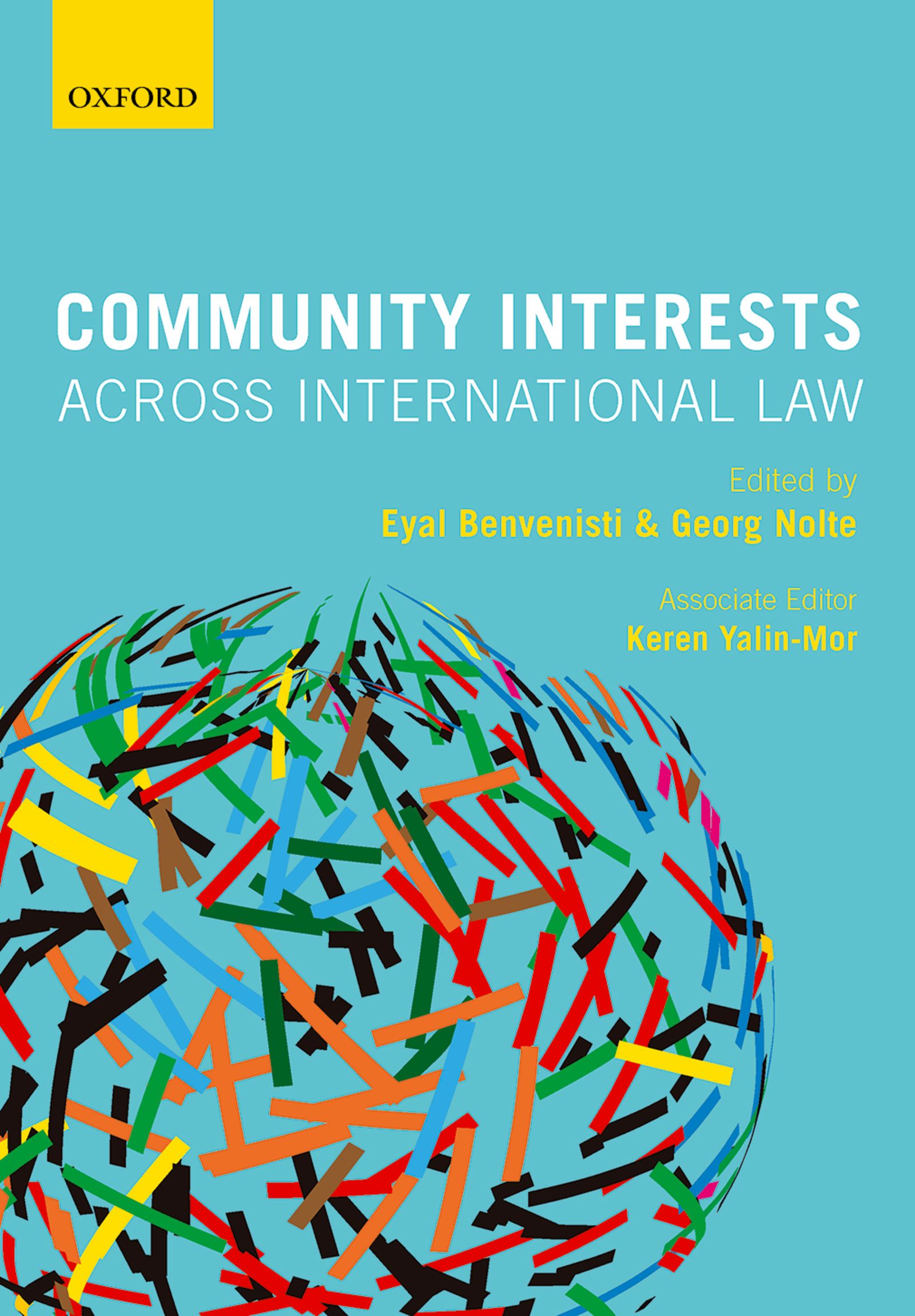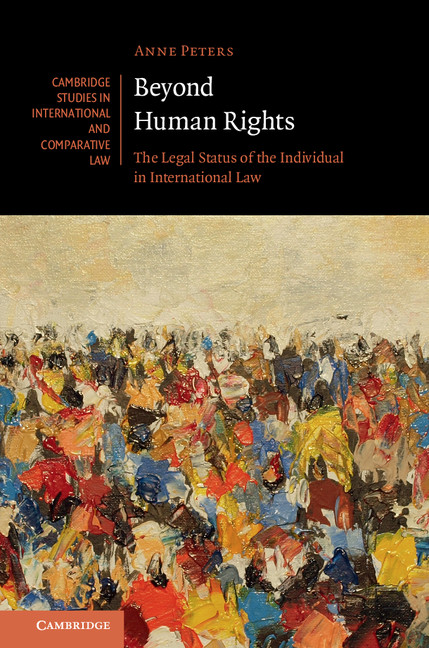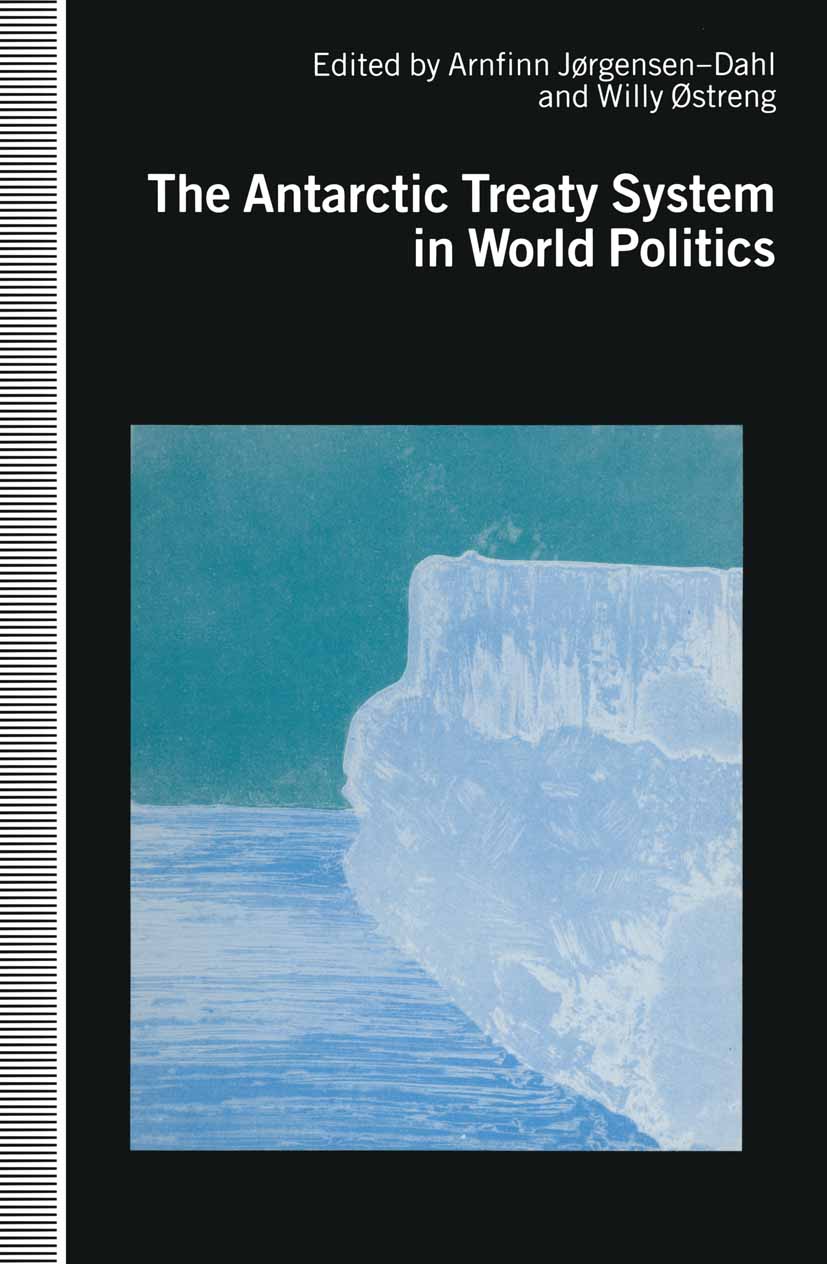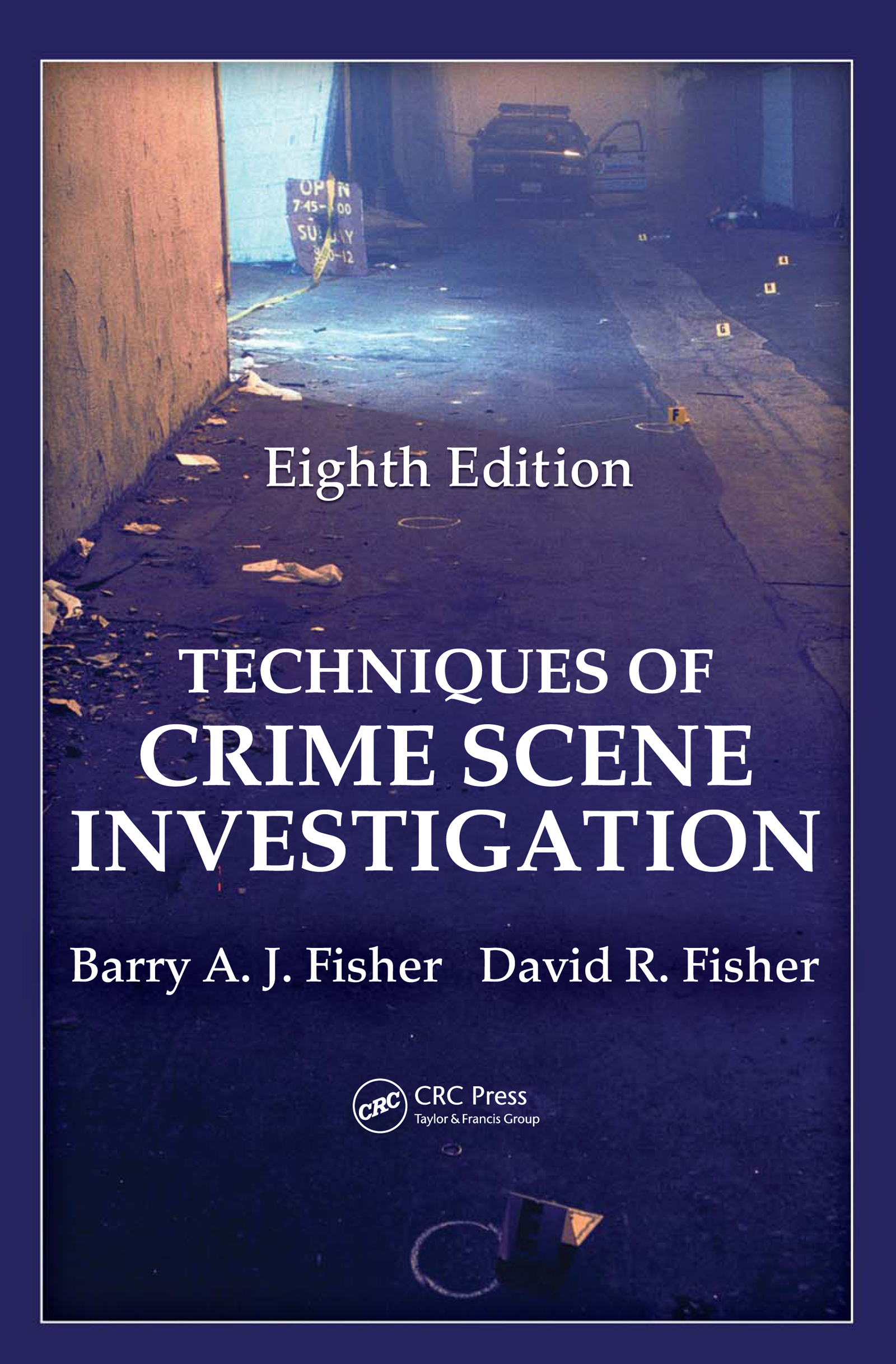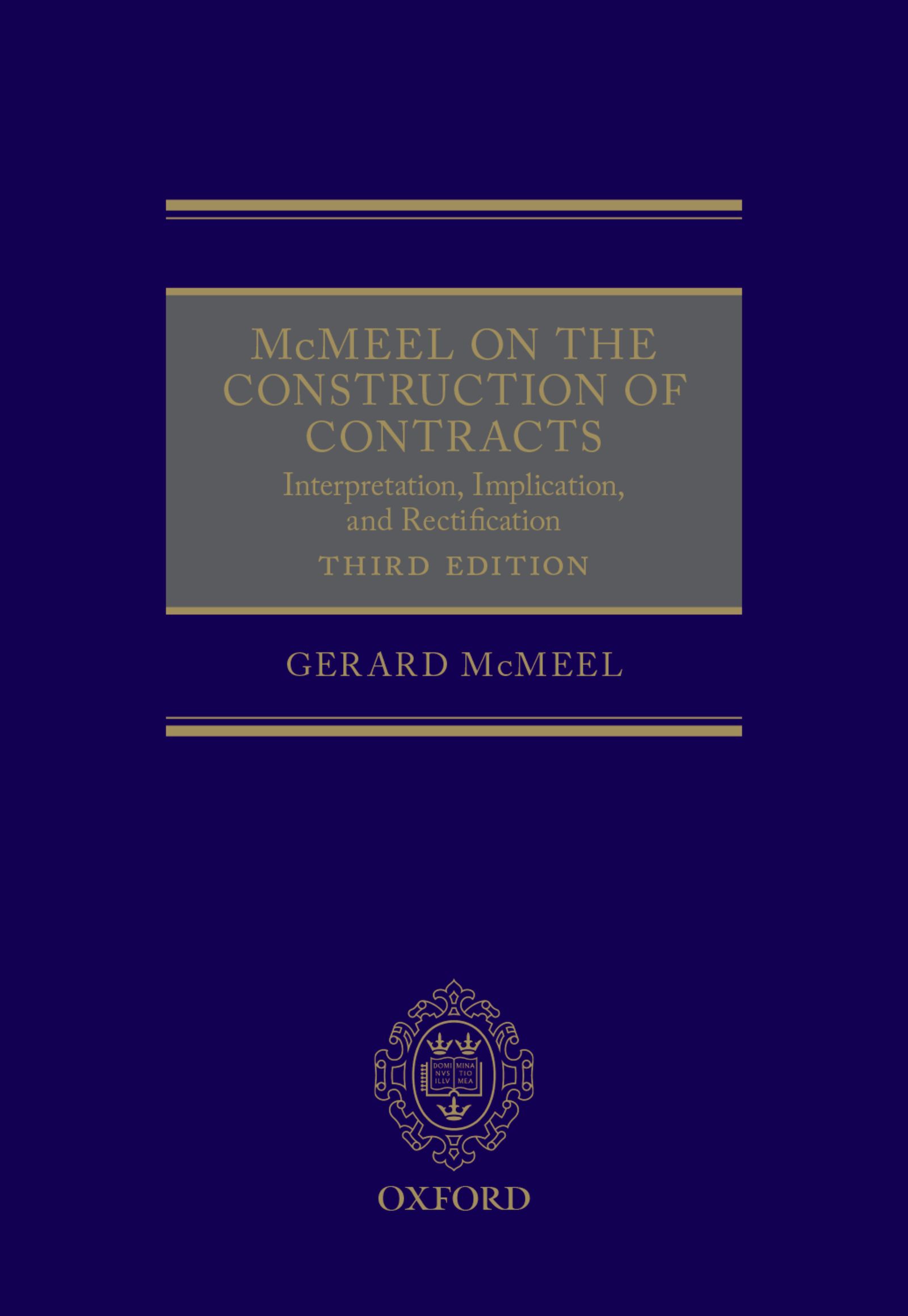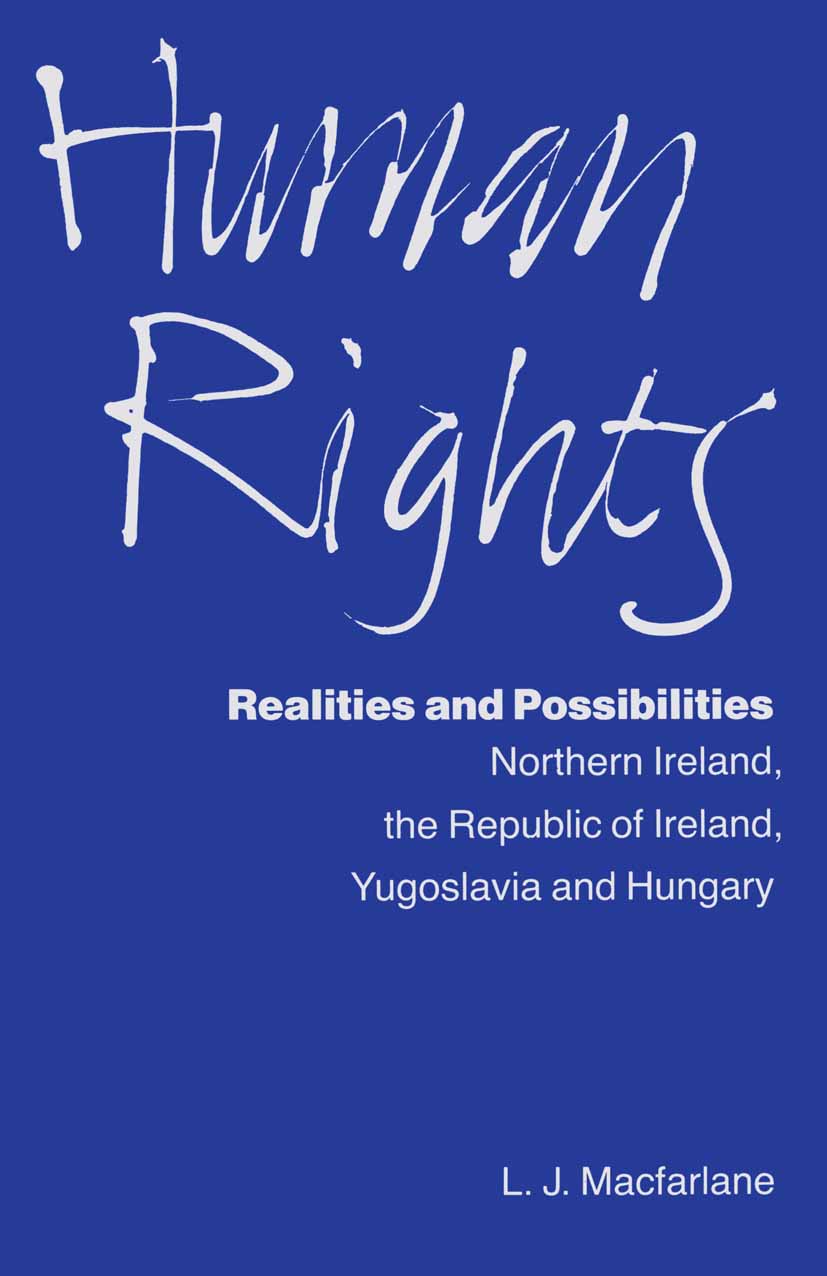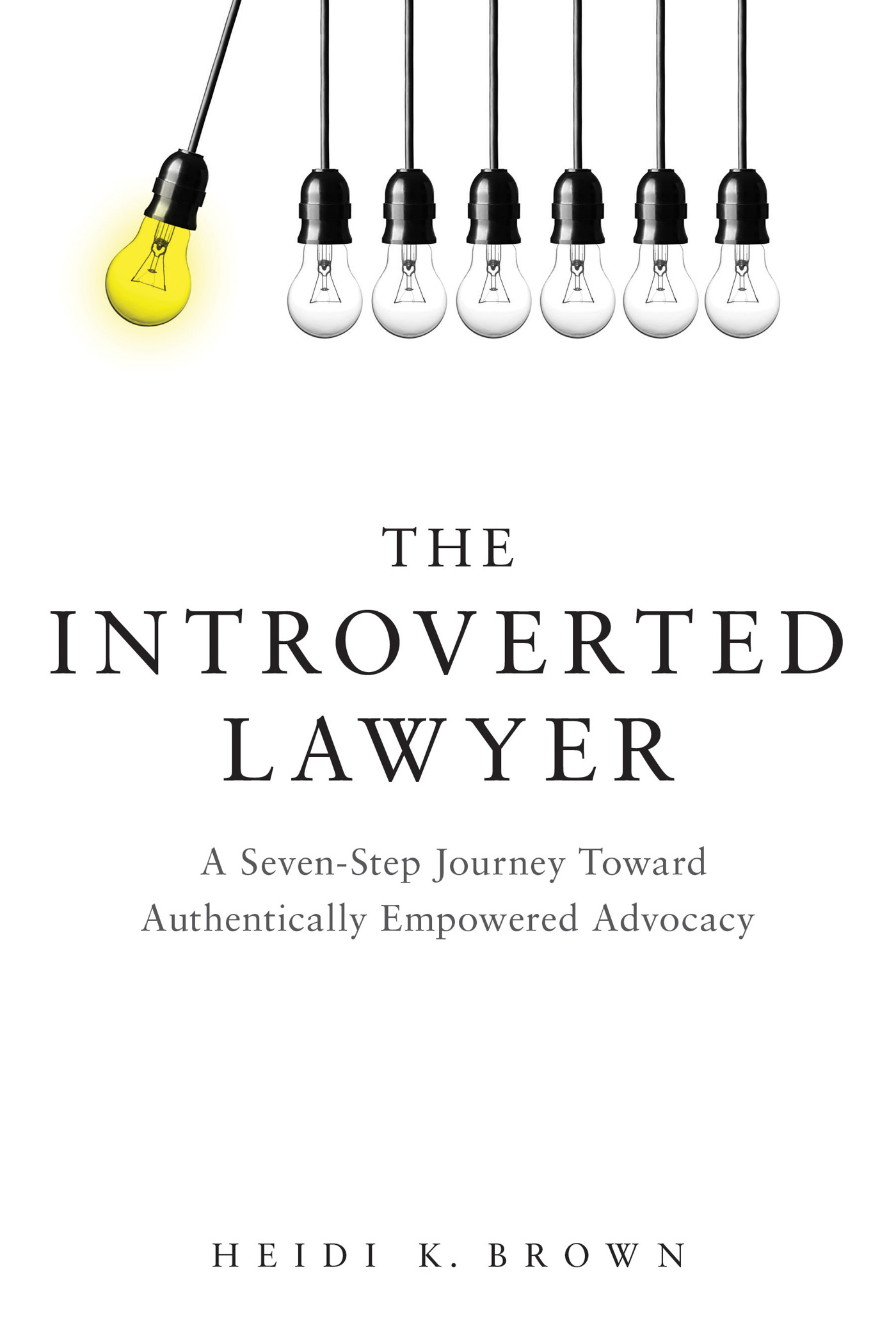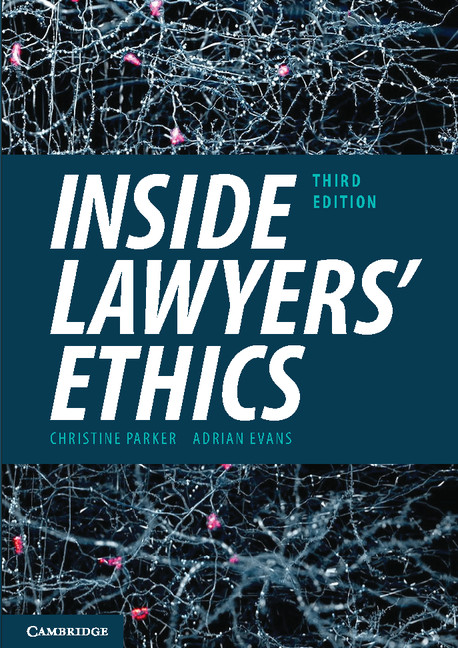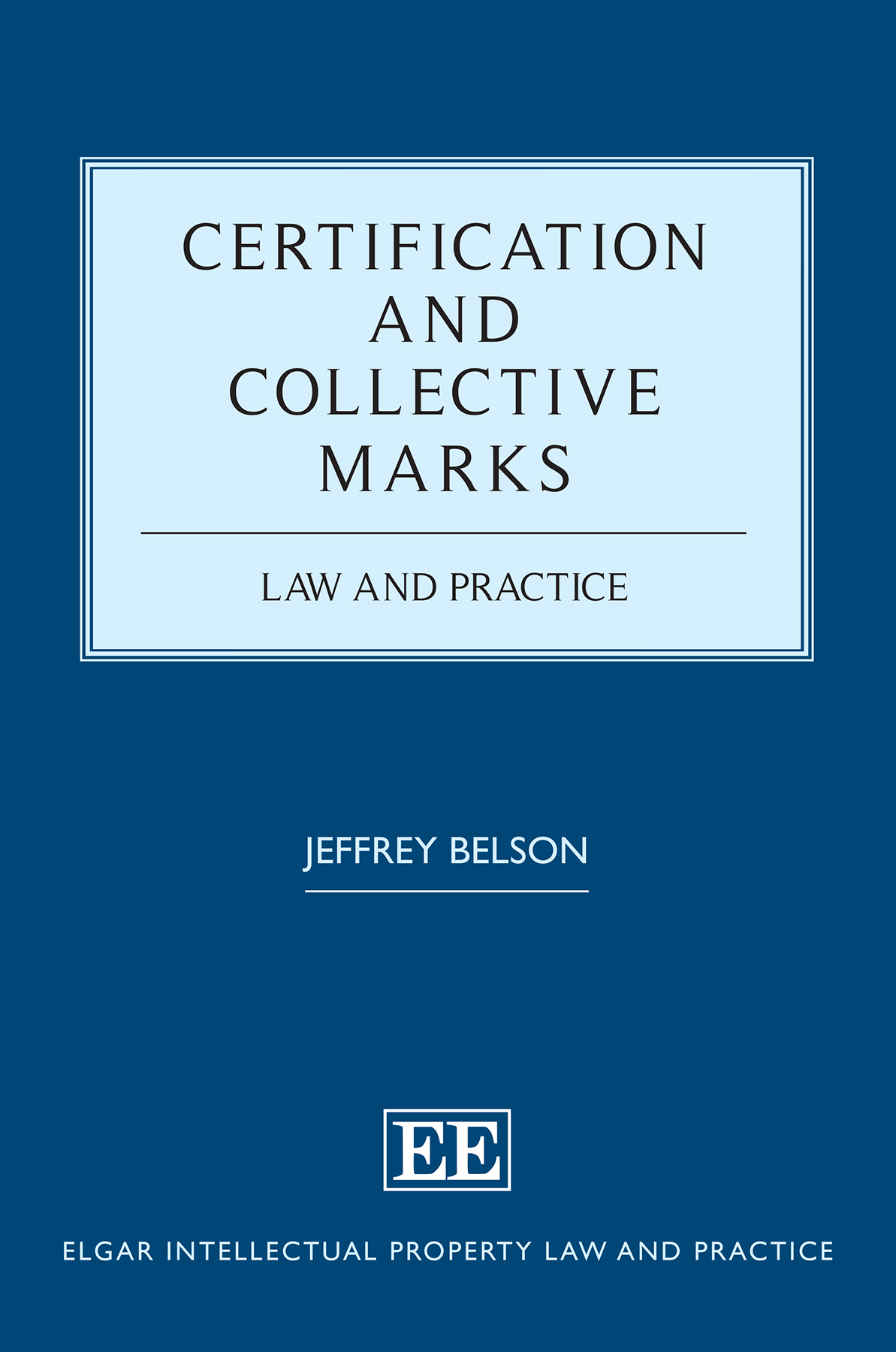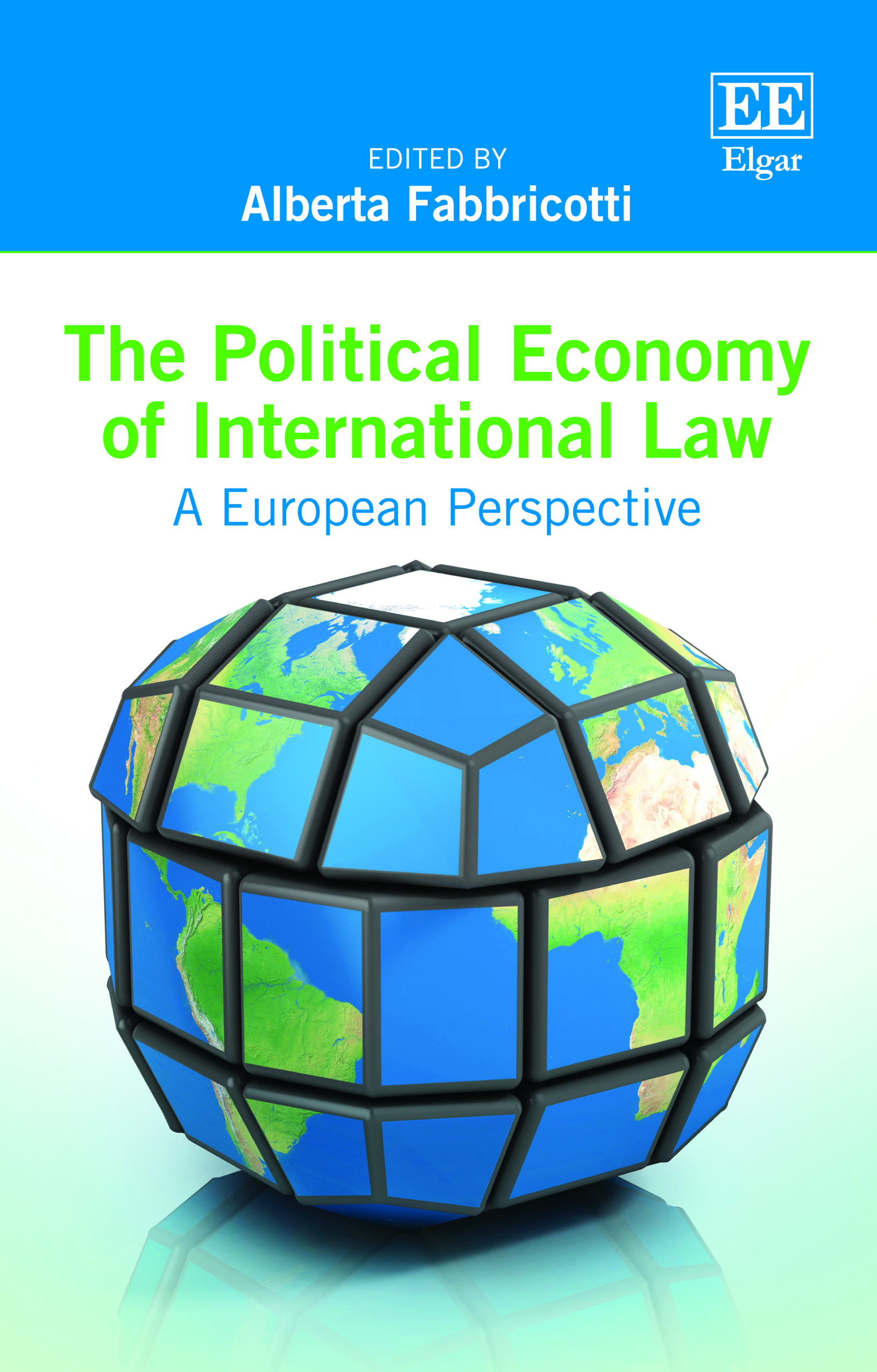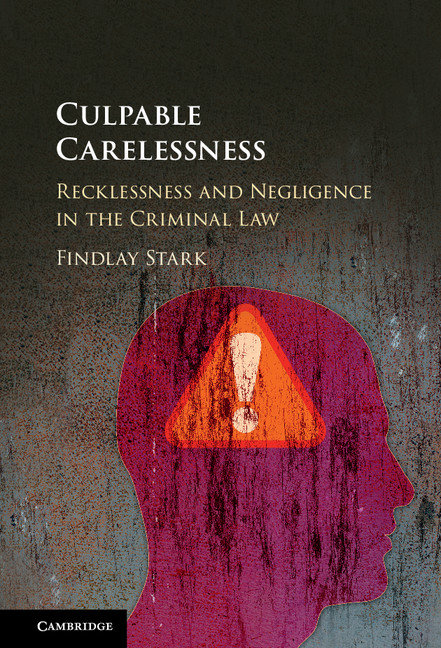Seeking Security
Many academic criminal lawyers and criminal law theorists seek to resolve the optimum conditions for a criminal law fit to serve a liberal democracy. Typical wish lists include a criminal law that intervenes against any given individual only when the...
Read more
Many academic criminal lawyers and criminal law theorists seek to resolve the optimum conditions for a criminal law fit to serve a liberal democracy. Typical wish lists include a criminal law that intervenes against any given individual only when there is a reasonable suspicion that s/he has caused harm to the legally protected interests of another or was on the brink of doing so. Until there is conduct that gives rise to a reasonable suspicion of criminal conduct by an individual, s/he should be allowed to go about his or her business free from covert surveillance or other forms of intrusion. All elements of crimes should be proved beyond any reasonable doubt. Any punishment should be proportionate to the gravity of the wrongdoing and when the offender has served this punishment the account should be cleared and good standing recovered. Seeking Security explores the gap between the normative aspirations of liberal, criminal law scholarship and the current criminal law and practice of Anglophone jurisdictions. The concern with security and risk, which in large part explains the disconnection between theory and practice, seems set to stay and is a major challenge to the form and relevance of a large part of criminal law scholarship.
Less


